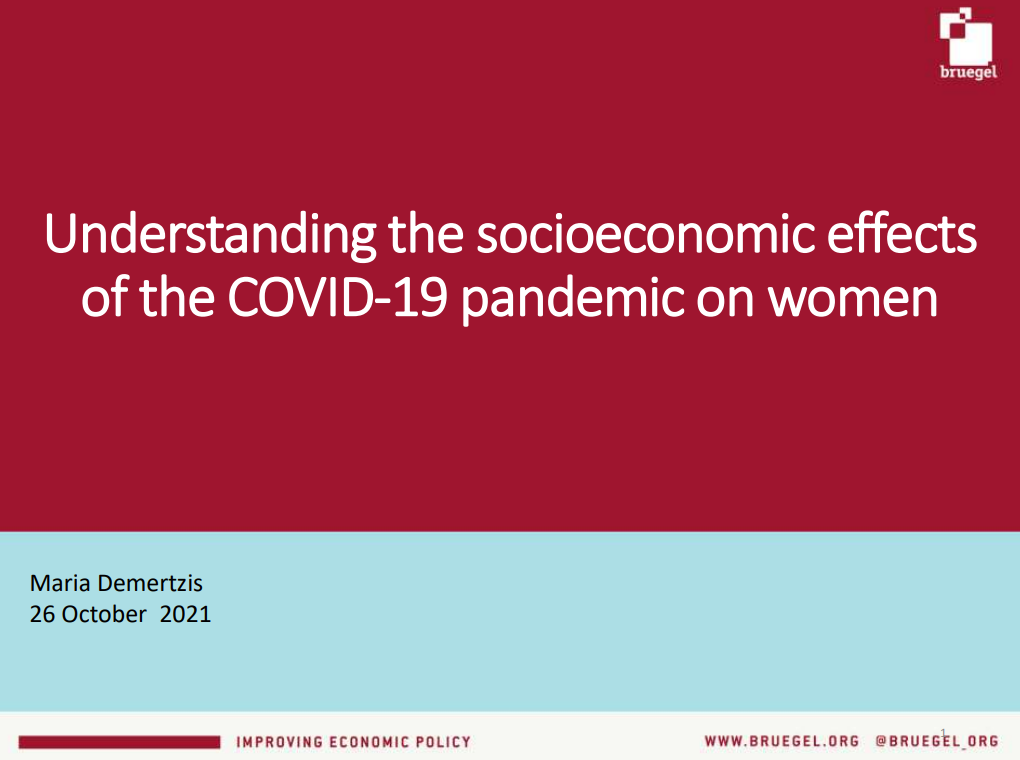Blog Post
The cyclicality of structural reforms
What’s at stake: In line with the crisis-induced reform hypothesis, European countries have since 2010 enacted unpopular reforms in labour market regulation and social welfare systems.
The crisis-induced reform hypothesis
Romain Ranciere and Aaaron Tornell write that structural reforms, whereby organized groups lose their power to extract rents, tend to occur in bad times rather than during prosperous times. Alessandra Bonfiglioli and Gino Gancia write that although most observers tend to agree that promoting product market competition, providing free access to markets and reducing public debt are often essential to preserve economic growth, the extent to which such measures are adopted varies enormously across countries.
Gilles Saint-Paul writes that even though many reforms are best implemented in booms, political logic makes them more likely to happen in slumps. In a boom the politician in power is all too happy to capitalize on existing good macroeconomic conditions, and will not jeopardize his popularity by engaging in a structural reform whose consequences are uncertain, especially if the associated losses are frontloaded and the gains come later. Furthermore, to the extent that society is constantly learning about the costs and benefits of reforms, it should rationally infer in a boom that rigidities are not that costly, and infer the opposite in bad times. That effect alone would tend to favor reforms in bad times.
Nauro Campos and Jeffrey Nugent write that economists see crises as an opportunity to implement needed economic reforms. While welfare enhancing and often technically sound, structural reforms are repeatedly challenged by special interest groups or politically powerful constituencies making the risk of partial or delayed implementation a potential factor preventing the success of the reform itself.
Reform patterns during the crisis
The OECD writes that the crisis and ensuing recession have acted as a catalyst for structural reforms, especially in OECD countries where reforms were most needed. In particular, the depth of the labour market crisis has provided an impetus for structural reforms aimed at raising labour utilization. The need to consolidate public finances and the financial pressure arising from mushrooming sovereign debt have given another impetus to reform, with a clear acceleration of politically sensitive reforms designed to help lift potential growth, regain price competitiveness and restore fiscal sustainability, especially in some euro area countries.

The OECD writes that overall the crisis seems to have acted as a catalyst for structural reforms. Compared with the pre-crisis period, responsiveness rates have increased on average to Going for Growth recommendations for enhancing both labour productivity and labour utilization. For the latter, this partly reflects recent extensive labour market reforms undertaken in the context of the euro area debt crisis. Reform activity has gone through distinct phases since the start of the crisis. At first the recession markedly slowed action on Going for Growth priorities, probably reflecting much greater policy focus on macroeconomic stabilization. The pace of reform slowed down most in the labour productivity area and less so for labour utilization. The subsequent period saw reform action accelerate strongly, with the bounce-back strongest in reforms to boost labour productivity, such as product market or public sector reforms aimed at increasing efficiency.
The OECD writes that the acute crisis forced countries to enact unpopular reforms in “difficult” areas, such as labour market regulation and social welfare systems (e.g. job protection, pension and welfare reforms). Since 2010, there has been a major acceleration in reform action in countries either i) directly affected by the euro area debt crisis and therefore forced into reform as part of the European Union-International Monetary Fund (EU-IMF) financial aid package; or ii) experiencing tensions with sovereign bond spreads. Indeed Greece, Ireland and Portugal all appear among the countries whose responsiveness to Going for Growth recommendations increased the most between 2008-09 and 2010-11, especially for labour utilization, and so does Spain.
Moral hazard and structural reforms
Tito Boeri and Juan Jimeno write that relaxing the fiscal constraint during a recession was deemed to exacerbate moral hazard problems in a monetary union. A typical (and topical) concern when discussing implementation of labour market reforms is indeed that governments are less willing to do so without being constrained by a strong fiscal restriction. The reform experience during the European crisis shows, however, that no significant improvements were achieved in the reform of inefficient employment protection and in the correction of labour market segmentation, not even when these reforms were mandated under a formal rescue programme.
Gilles Saint-Paul writes that the key justification behind conditionality is that a country that is plagued by structural rigidities is bound to end up in another fiscal crisis, because it will always be tempted to inflate its economy above its (suboptimal) equilibrium rate of activity by using fiscal policy.
Francesco Giavazzi and Guido Tabellini write that it is not at all clear that prolonging the depression is a recipe for more willingness to reform. The contrary is more likely to be true, for two reasons. First, a longer stagnation and higher unemployment can only reinforce the more radical and populist political parties in Europe. Second, political opposition to spending cuts and structural reforms tends to be stronger when the economy is depressed, because voters perceive such measures as likely to further dampen aggregate demand and increase layoffs.
Republishing and referencing
Bruegel considers itself a public good and takes no institutional standpoint. Anyone is free to republish and/or quote this post without prior consent. Please provide a full reference, clearly stating Bruegel and the relevant author as the source, and include a prominent hyperlink to the original post.












